Generative AI is becoming a lead engine and loyalty disruptor according to Adobe Express report
AI isn’t just optimizing ads anymore. It’s shaping how people shop and why they switch brands.
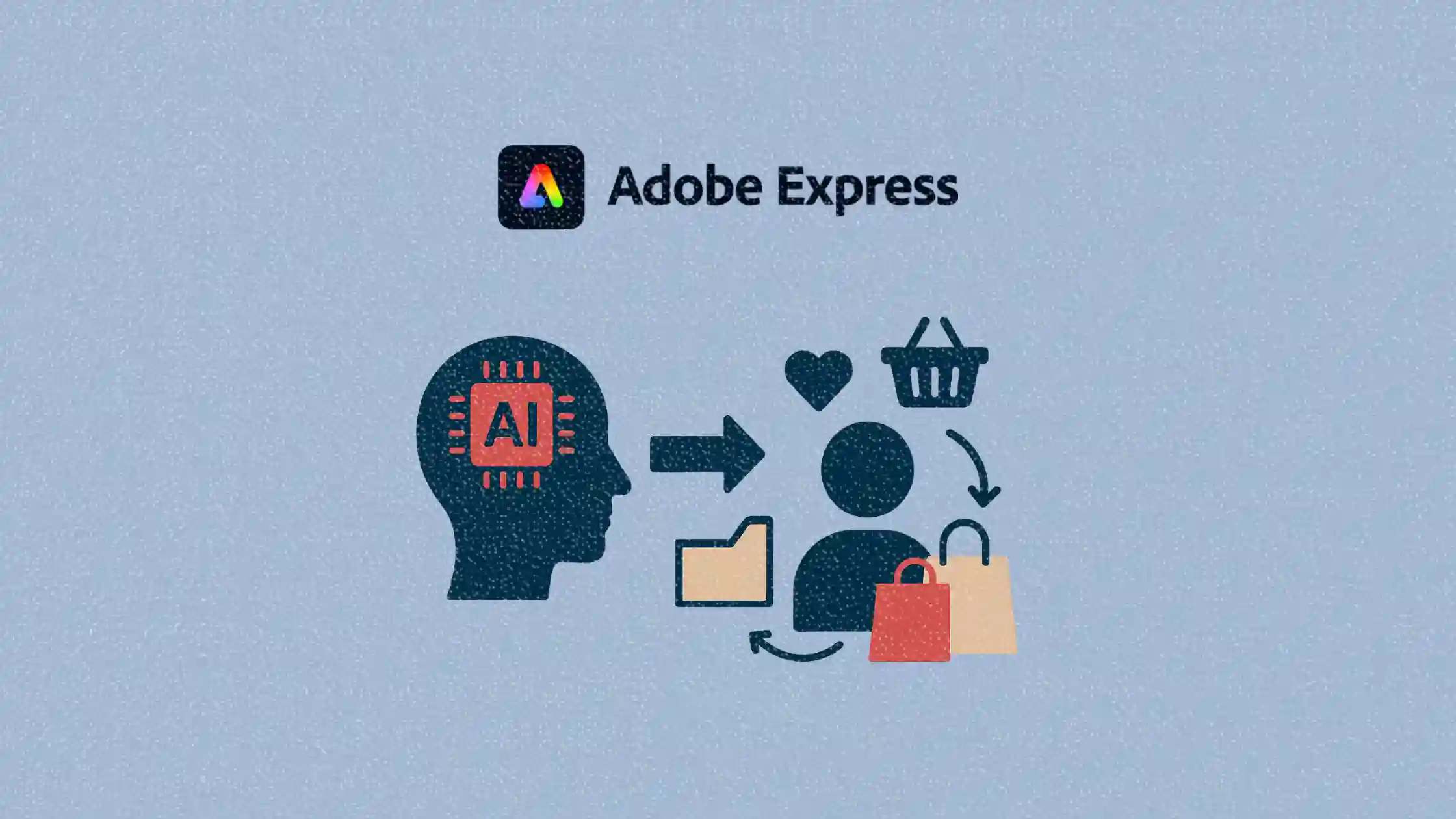
Generative AI isn’t just helping marketers write copies or tweak ad headlines. It’s now influencing what people buy and why they switch brands.
A new study from Adobe Express reveals how AI-generated product recommendations are directly impacting lead generation, revenue contribution, and consumer behavior.
The survey results, which include insights from 503 business leaders and 504 consumers, show just how quickly AI is becoming embedded into marketing strategy and everyday discovery habits. This article explores the new findings and what they mean for marketers planning their next move in an AI-driven funnel.
Short on time?
Here’s a table of contents for quick access:
- AI-powered leads are driving real revenue
- Consumer behavior is shifting and Gen Z is leading the charge
- What marketers should know
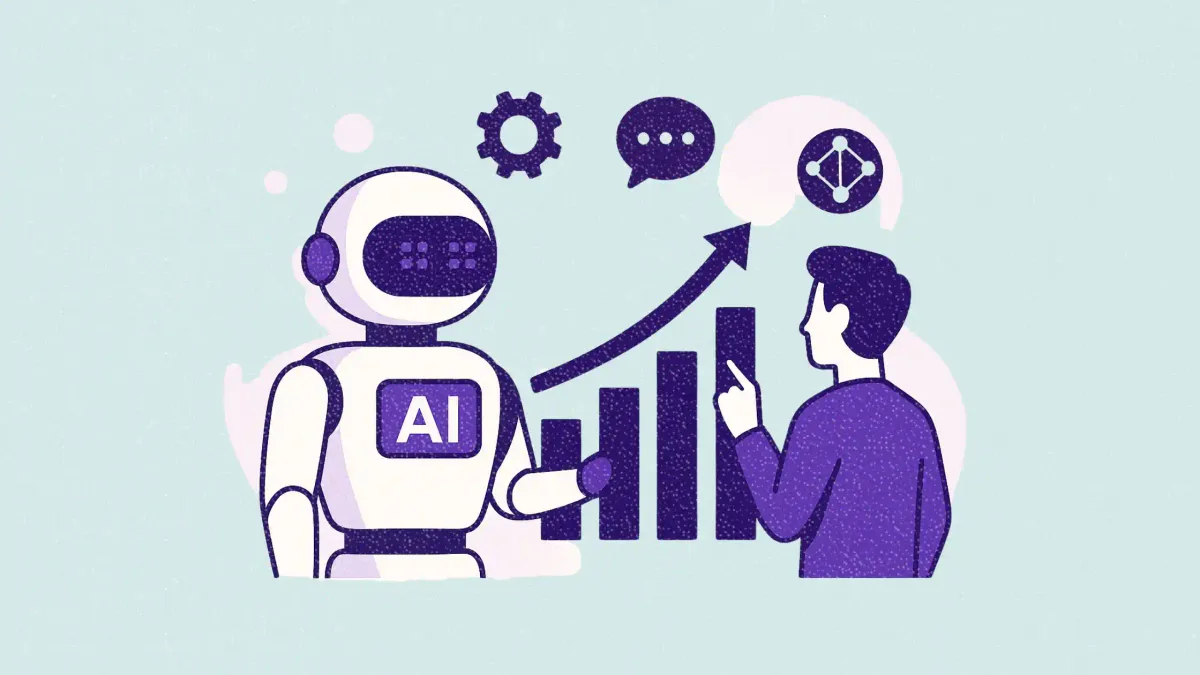
AI-powered leads are driving real revenue
Generative AI is proving its worth in the lead funnel. According to Adobe, 34% of business leaders have received direct inquiries from customers through AI-generated recommendations. That number climbs to 46% among tech leaders.
For companies using AI for lead generation, referrals from AI platforms accounted for an average of 10.8% of their annual revenue. A notable 28% had more than 50 leads come in through AI-generated suggestions. ChatGPT was the dominant tool, used by 85% of respondents in this group.
Performance-wise, 39% of business leaders said AI-generated leads convert better than traditional channels. Another 38% reported that performance was about the same.
To increase this impact, nearly a quarter of businesses are already spending more than 10% of their marketing budgets on AI visibility. These efforts are designed to ensure their brand or product appears in chatbot suggestions or AI-powered discovery tools. Almost half of all business leaders plan to increase that spend within the next year.
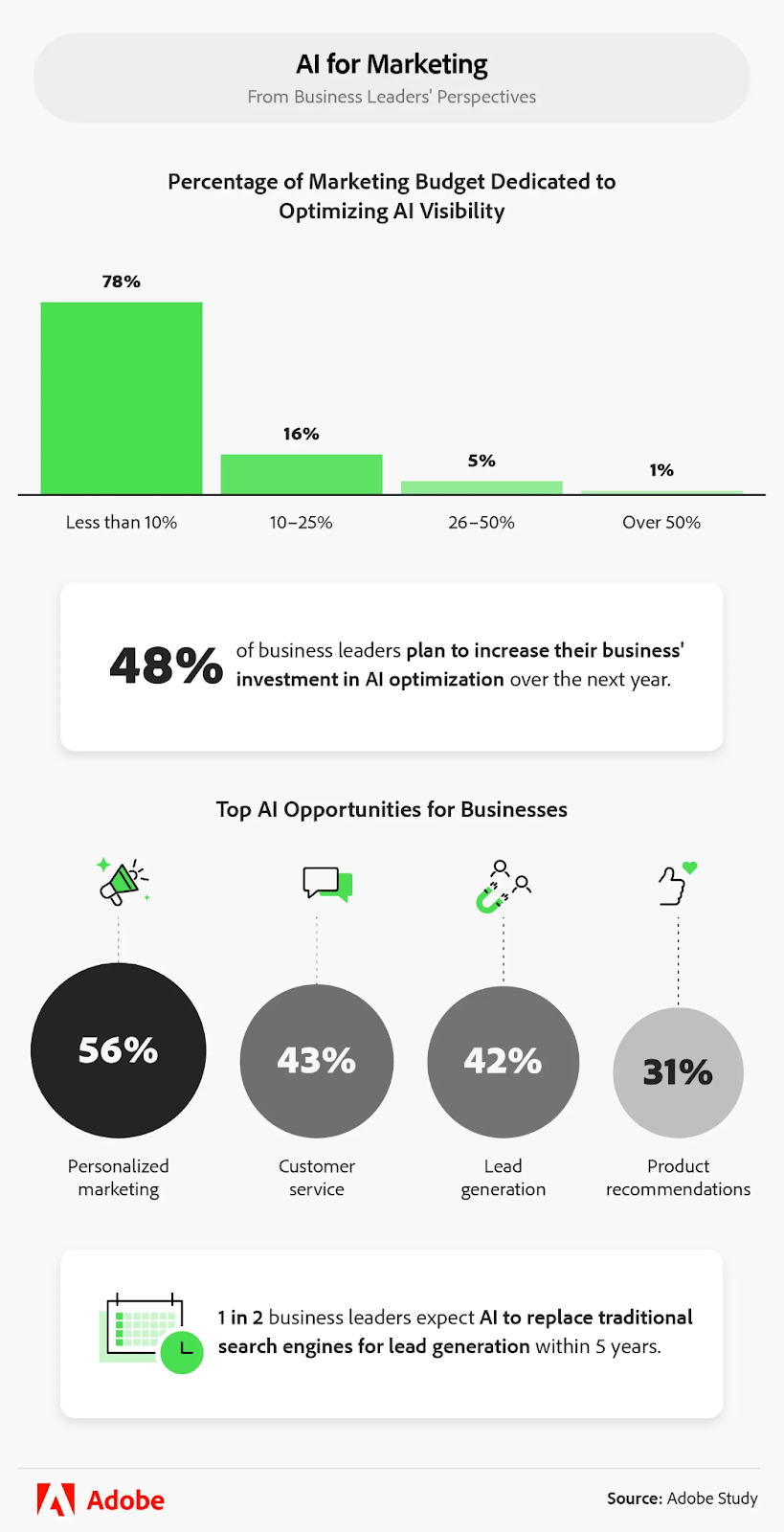
This isn't just short-term experimentation. Half of all leaders surveyed believe AI tools will replace traditional search engines as the primary source of lead generation within five years.

Consumer behavior is shifting and Gen Z is leading the charge
Consumers are catching up fast. One in five now uses generative AI at least weekly to discover new products, with Gen Z leading at 28%.
Traditional search is still the default for most, with 42% saying it remains their primary tool for product discovery. But the shift is underway. Over half of consumers (52%) believe AI will replace search engines for product searches within the next five years.
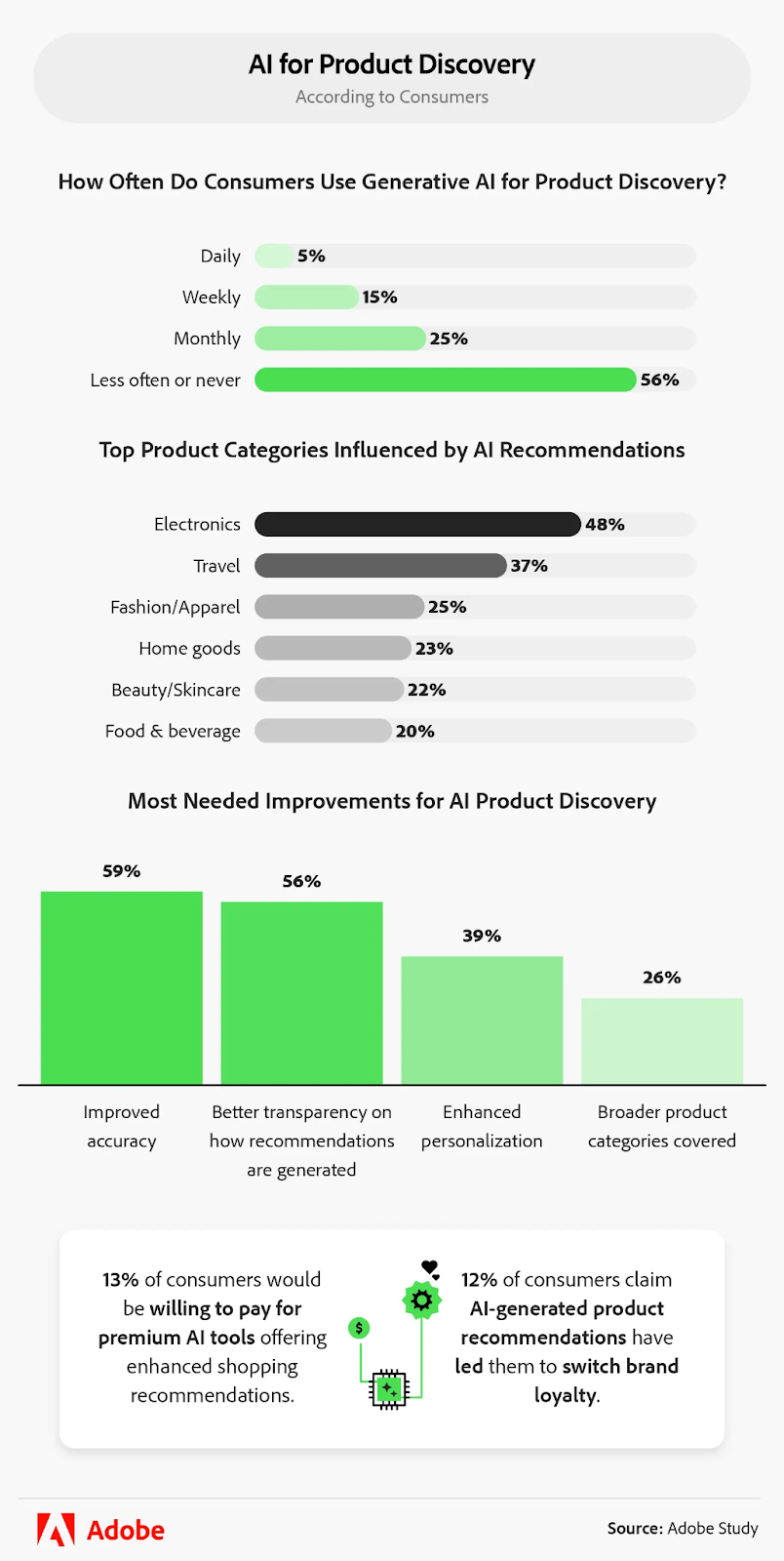
A key driver behind this trend is personalization. About 38% of consumers said AI-generated recommendations felt more relevant than traditional search results. Another 33% felt they were about the same.
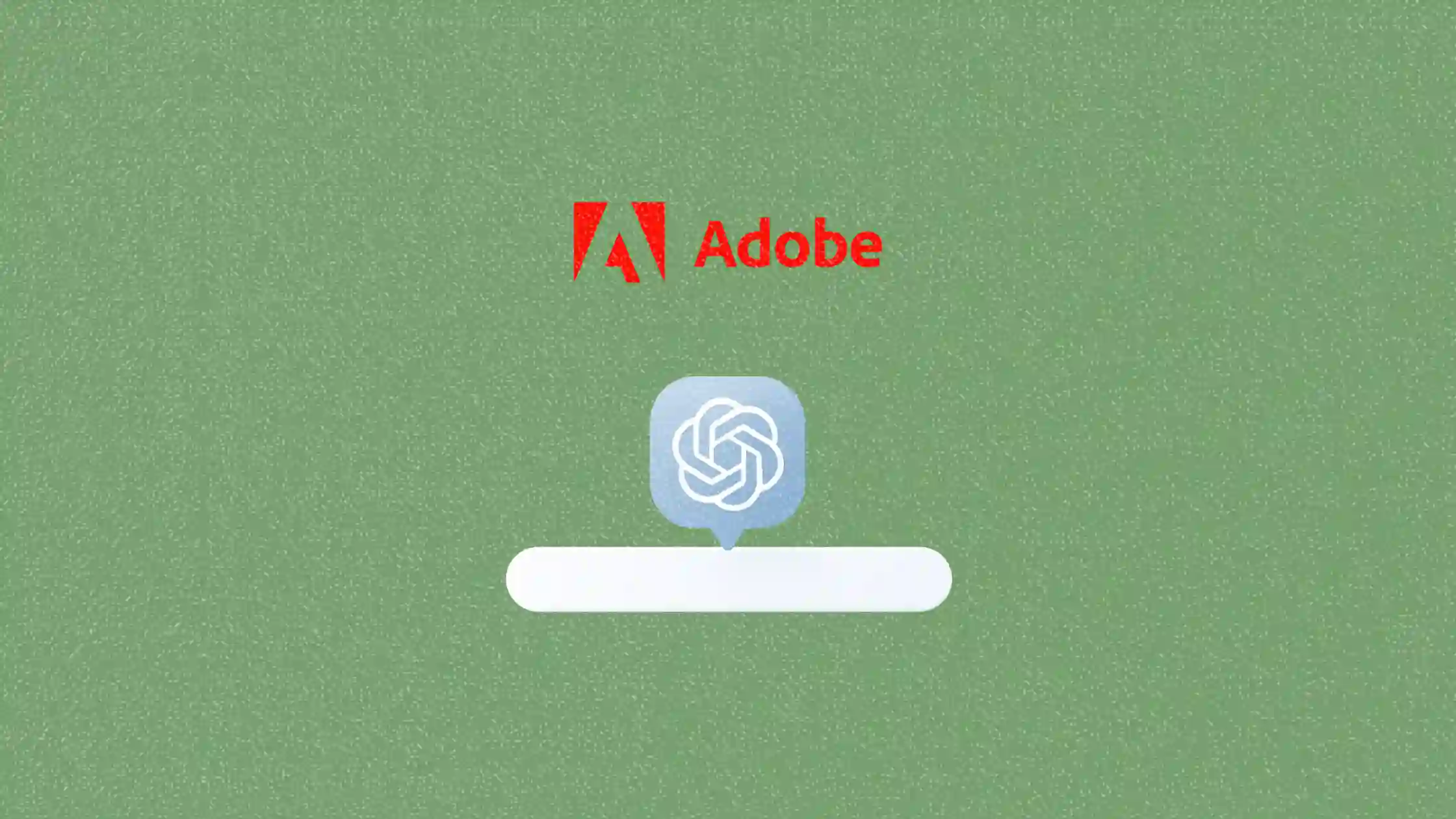
These recommendations are already influencing real decisions. Electronics, travel, and fashion were the top product categories where AI recommendations played a role. And 12% of all consumers said AI nudged them to switch brands, with Gen Z again taking the lead at 23%.
Trust is still a factor. While 63% of consumers said they trust human reviews more than AI recommendations, 30% said they trust both equally. With trust increasing and accuracy improving, AI could soon take a more active role in shaping everyday purchases.
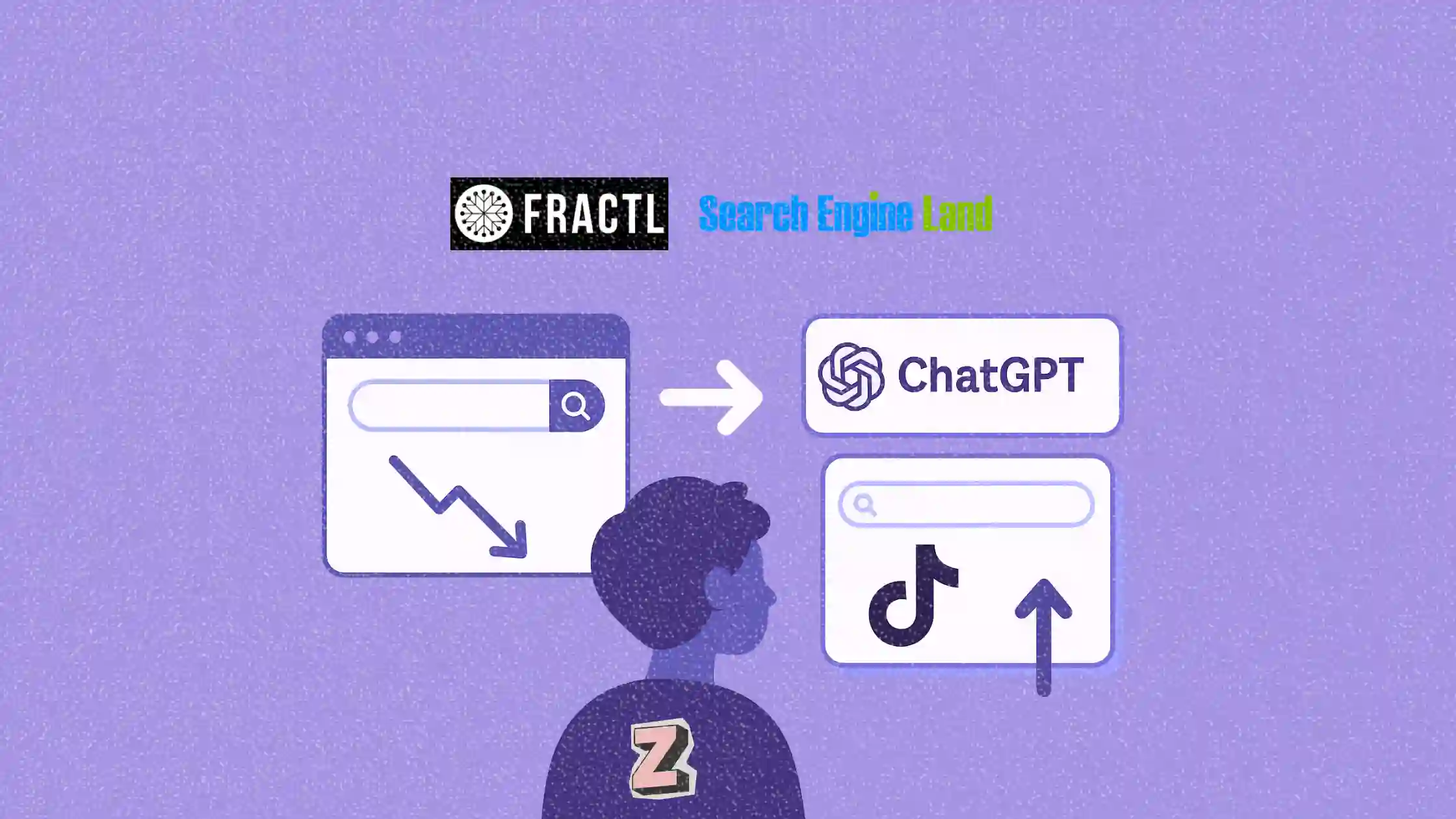
What marketers should know
AI’s influence is no longer theoretical. It’s affecting budgets, buyer journeys, and brand loyalty. Here’s how marketers can respond:
1. Optimize for AI visibility
Just as SEO became essential, optimizing for AI visibility is the next frontier. That means tuning your content, product listings, and metadata to align with how generative models prioritize results.
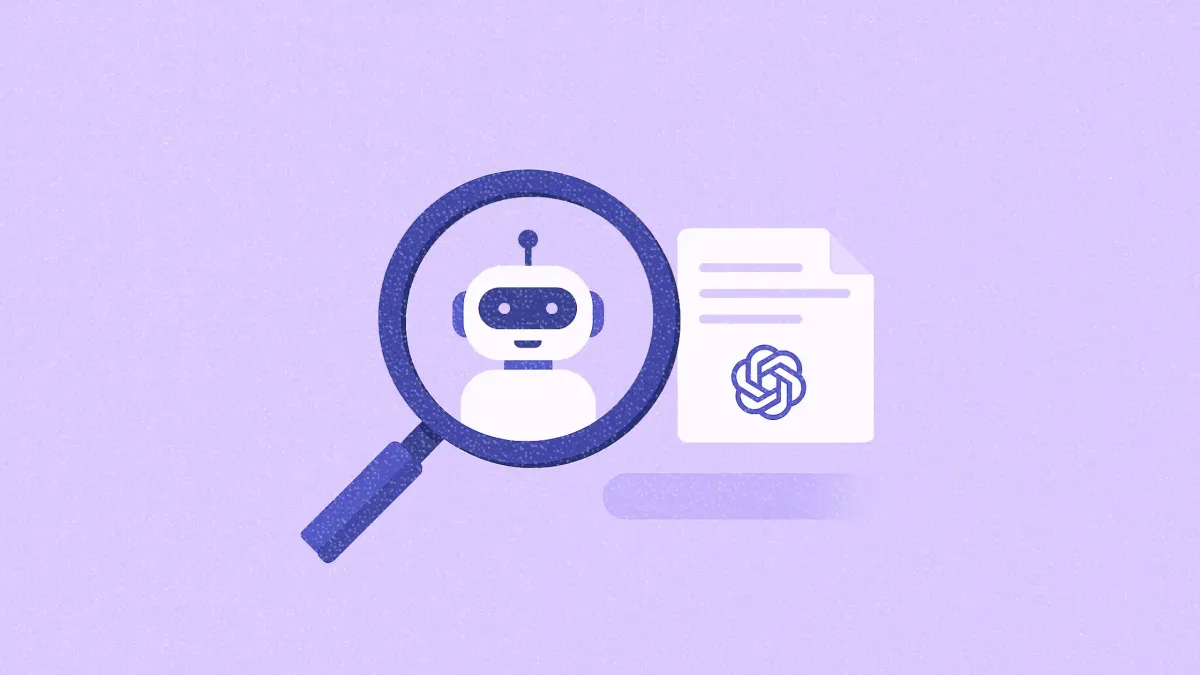
2. Track AI-driven lead sources
If 10% of your revenue might be coming from AI referrals, it’s time to treat that channel seriously. Build analytics workflows that can track customer journeys from AI-generated content or platforms.
3. Rethink retention and loyalty strategy
If consumers are switching brands based on AI suggestions, marketers can no longer assume past loyalty equals future sales. Invest in personalized experiences that keep your brand top of mind in AI-driven platforms.
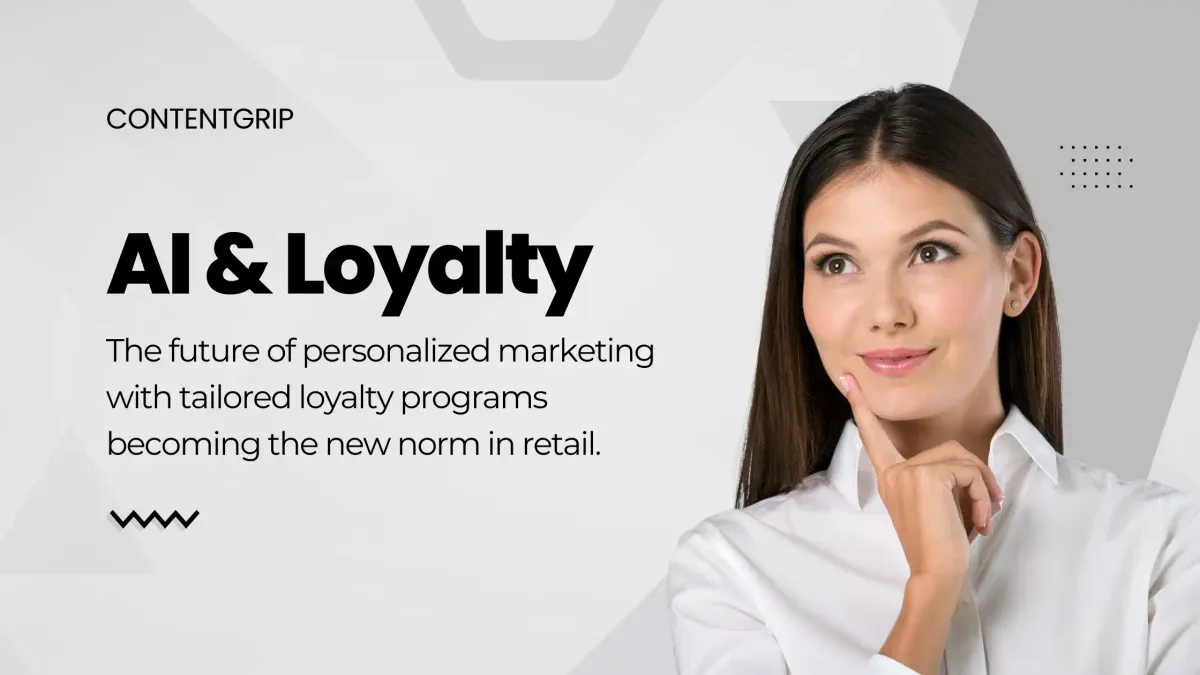
4. Future-proof your marketing mix
Traditional search may soon be just one part of the discovery journey. Consider what your brand's presence looks like in tools like ChatGPT, Perplexity, or AI-powered shopping assistants. Visibility in these platforms will soon be as critical as ranking on Google.
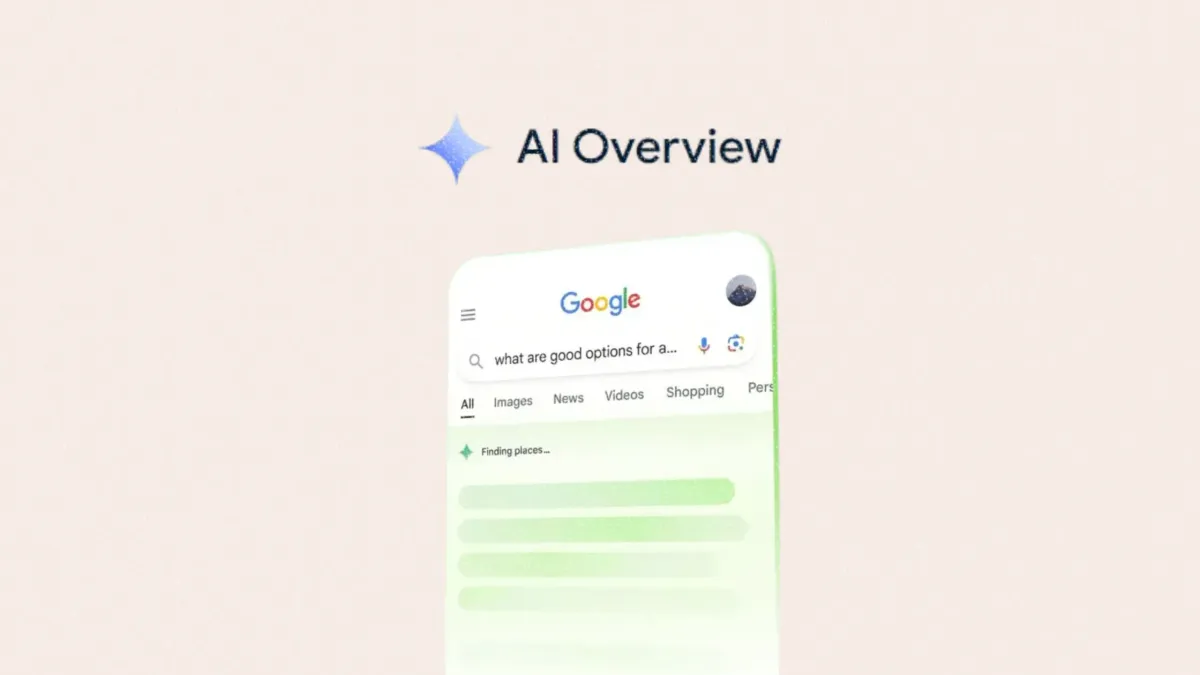
Marketing is entering the AI referral economy
Marketing strategy is being rewritten in real time. AI isn’t just supporting existing workflows, it’s becoming a new channel in itself, driving leads, shaping purchase decisions, and influencing loyalty.
The businesses investing now in AI visibility, attribution, and behavioral insight will be in the strongest position as generative platforms take over more of the discovery process. There’s still time to adapt, but that window is narrowing fast.










